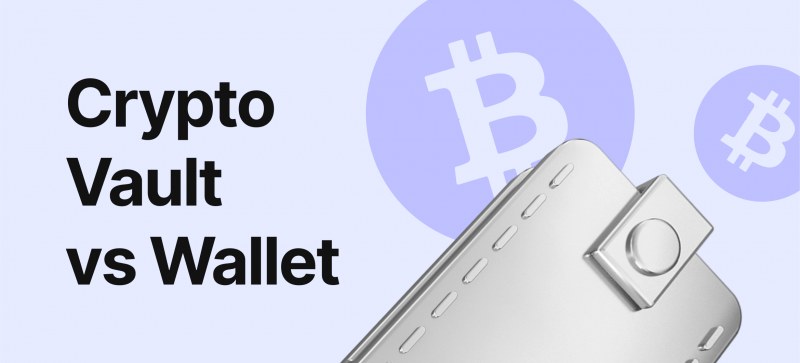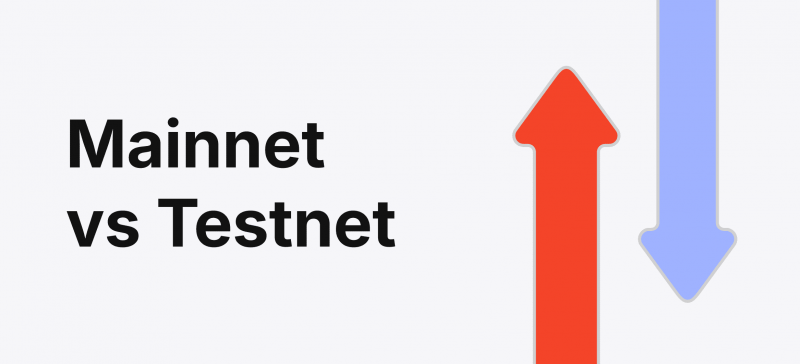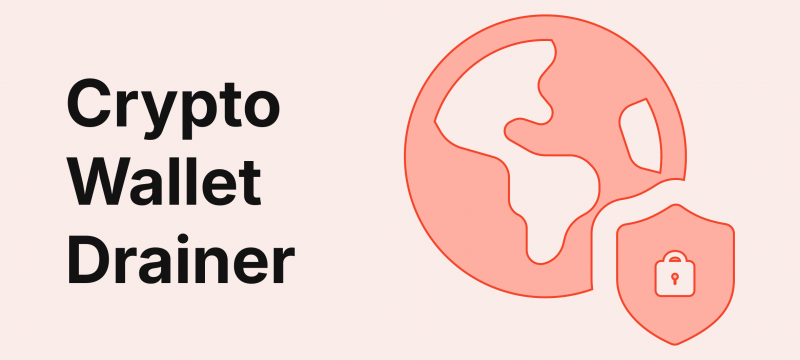The rise of cryptocurrency has brought about a new era of financial opportunity and an increased risk of cyber threats. In 2023 alone, the number of individual hacking incidents in the crypto industry amounted to 231, an increase compared to 219 cases in 2022, Chainalysis reports.
If you’re getting into digital assets, it’s very important to keep your investments safe. There are two main ways to store crypto: crypto vaults and wallets. But which one is safer for your digital wealth?
In this article, we’ll break down both options to help you decide how to secure your cryptocurrency best.
Key Takeaways
- Crypto vaults offer superior security, ideal for long-term storage of large amounts of cryptocurrency.
- Wallets, especially hot wallets, provide more convenient access for frequent transactions but are generally less secure than vaults.
- Cold wallets offer a middle ground between offline security and relatively easy access to funds.
- Vaults prioritize security, while wallets make it easier to access your funds.
What Is a Crypto Vault?
A crypto vault is an advanced form of cryptocurrency storage designed with security as the top priority. Unlike a regular wallet that lets you easily send and receive crypto, a vault is built to store large amounts of crypto with extra security measures. Vaults are often used by investors who want to protect their assets for a long time without needing to access them often.
One of the most significant differences between a vault and a wallet is that vaults introduce multi-layered security measures, such as:
- Multi-signature authorization: You need multiple keys to approve transactions.
- Time-locked withdrawals: You can only take out money after a set period, which gives you time to cancel if there’s an unauthorized request.
- Cold storage integration: Most vaults incorporate cold storage, keeping assets offline and far from hacking threats.
These security measures make a crypto vault an excellent choice for long-term holders or institutional investors who want to store substantial cryptocurrency with minimal risk.
What Is a Crypto Wallet?
A crypto wallet serves a different purpose. While vaults focus on long-term storage and high security, wallets are designed for daily access to cryptocurrency. A wallet allows users to send, receive, and manage their crypto assets, offering a more user-friendly experience than vaults.
There are two main types of crypto wallets:
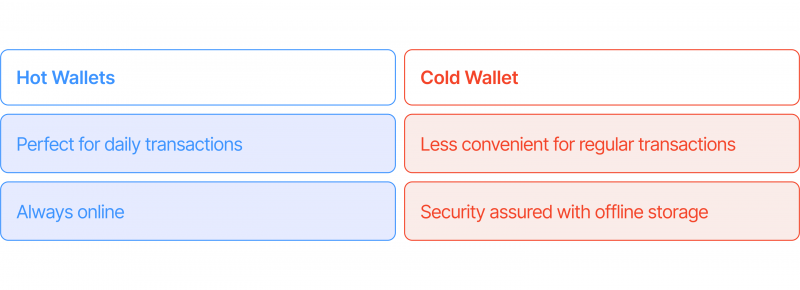
Hot Wallets
These are connected to the internet and are ideal for daily transactions. Examples include mobile wallets like Trust Wallet or desktop wallets like Exodus. Hot wallets provide convenience but are more vulnerable to cyberattacks since they are constantly connected to the internet.
Cold Wallets
These are offline wallets, such as hardware wallets (e.g., Ledger Nano, Trezor) or paper wallets. Cold wallets are considered much safer than hot counterparts because they are not connected to the internet, reducing the risk of hacking. However, they are less convenient for frequent transactions.
Overall, crypto wallets are more suitable for users who need regular access to their funds, like traders or those making frequent transfers.
Differences Between a Crypto Vault and a Crypto Wallet
Consider your unique needs when choosing a suitable storage option. Each has its benefits based on the level of security you desire and how often you want to access your money.
Security:
- Crypto Vaults: Vaults are significantly more secure due to features like multi-signature authorization and time-locked withdrawals. The use of cold storage further enhances security, as assets stored offline are less susceptible to hacking.
- Crypto Wallets: While wallets—especially cold wallets—can offer solid security, they do not match the multi-layered protection of a vault. Hot wallets, while convenient, are particularly vulnerable to phishing attacks and malware.
Accessibility:
- Crypto Vaults: Vaults sacrifice ease of access in favor of security. If you store your crypto in a vault, you may have to wait for a time-locked period to access your funds. This makes vaults better for investors who want to hold their crypto for a long time and don’t need to access it often.
- Crypto Wallets: Wallets are much easier to access, particularly hot wallets. You can send and receive funds instantly with no waiting periods. This makes wallets ideal for traders, businesses, or individuals using crypto for day-to-day transactions.
Cost and Maintenance:
- Crypto Vaults: Some vault services may charge fees for their advanced security features, especially institutional-grade ones like Bitcoin Suisse Custody. Additionally, setting up a vault may involve more technical know-how.
- Crypto Wallets: Many wallets, especially hot wallets, are free to use. However, hardware wallets, which offer greater security, come at a one-time cost. For example, the latest Ledger Flex hardware wallet typically costs around €249.
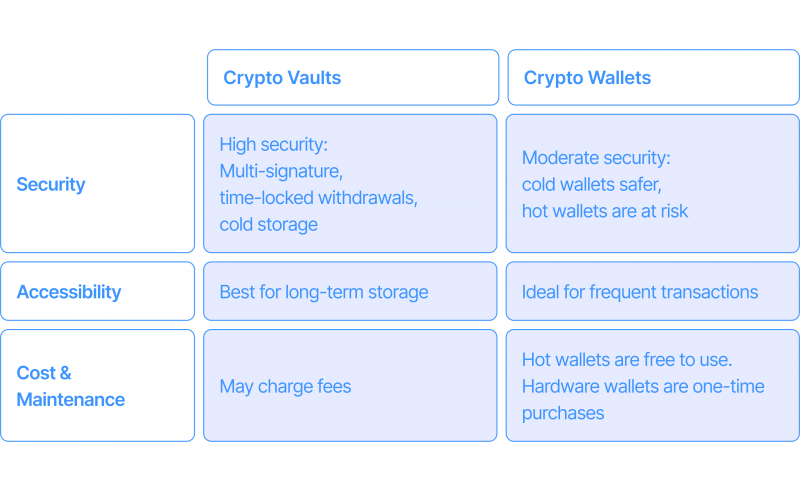
When to Use a Crypto Vault
A crypto vault is great for keeping your cryptocurrency safe for a long time or for holding large amounts as an institution. Here are some good times to use a vault:
- HODLing: If you’re holding onto crypto as a long-term investment, a vault provides enhanced security, allowing you to rest easy knowing your assets are protected.
- Institutional Investors: Companies or high-net-worth individuals managing large amounts of crypto may choose vaults to safeguard their funds from insider threats or external hackers.
- Inheritance and Business Reserves: A vault is also a good choice for storing crypto that’s part of an estate plan or intended for future business expenses.
Some of the best crypto vaults available include:

Coinbase Vault: A highly reputable service that offers multi-layered security, including time-delayed withdrawals and multi-signature approval.

Bitcoin Suisse Custody: An institutional-grade Switzerland-based vault service known for its extensive security features and insurance coverage.
The price of a crypto vault varies depending on the service, with some solutions costing more due to additional features like insured protection.
When to Use a Crypto Wallet
If you need regular access to your cryptocurrency, a wallet is often the better choice. Wallets are perfect for:
- Frequent Trading: Day traders or anyone who buys and sells crypto regularly need quick access, which hot wallets provide.
- Daily Payments: If you use cryptocurrency for everyday transactions, a wallet lets you transfer funds quickly.
- New Users: Beginners might find hot wallets easier to set up and use compared to the more complex setup of a vault.
Some popular wallets include:

Trust Wallet: A widely used software wallet app that integrates well with decentralized finance (DeFi) platforms and supports a wide range of coins and tokens.
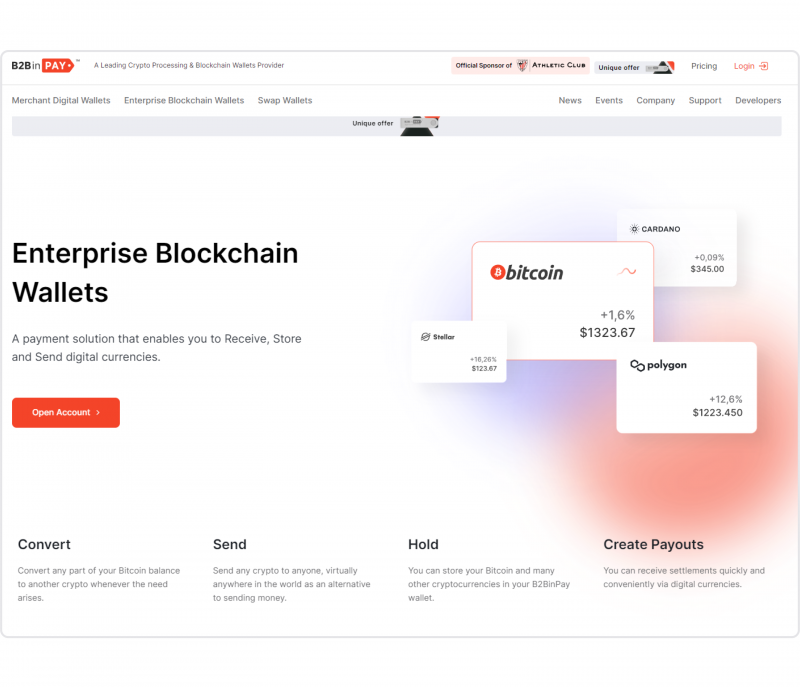
B2BINPAY: An all-in-one crypto ecosystem that offers crypto payment solutions and wallets for businesses of all sizes.
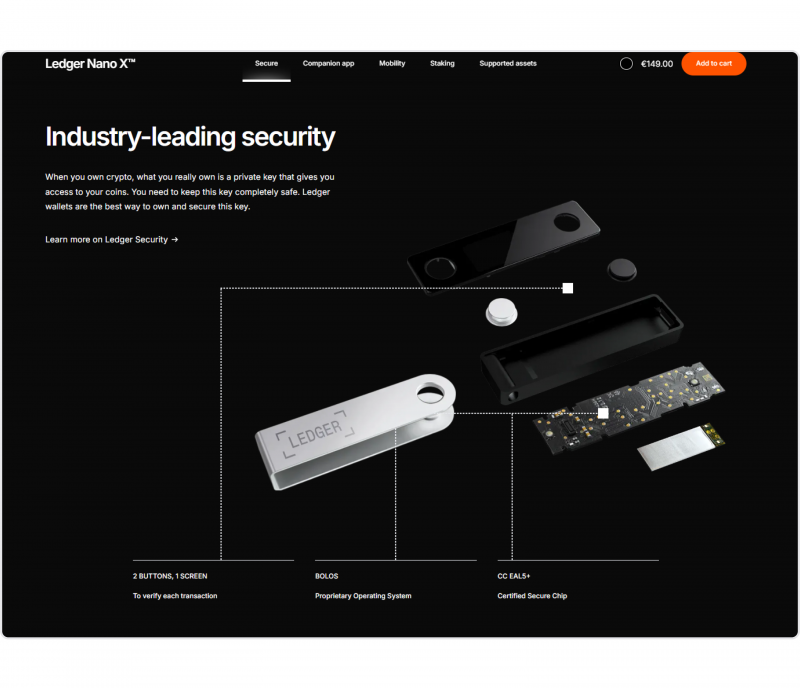
Ledger Nano X: Cold storage hardware wallets offering excellent security for those who want offline protection. Priced at €149, it’s an excellent investment for safeguarding your digital assets.
Note: You can secure your branded Ledger Nano X by becoming a B2BINPAY client.
Crypto Vault vs Wallet: Which Is Safer?
Vaults offer superior security but sacrifice convenience. For users storing large sums of cryptocurrency or looking for a long-term storage solution, a crypto vault is the safer choice.
However, for those needing frequent access to their funds, a wallet—especially a hardware wallet—offers a balance of security and usability.
Conclusion
Vaults give you top-notch security for long-term storage, while wallets offer easy access for everyday use. Whichever you pick, remember that secure storage is a must for protecting your cryptocurrency!
